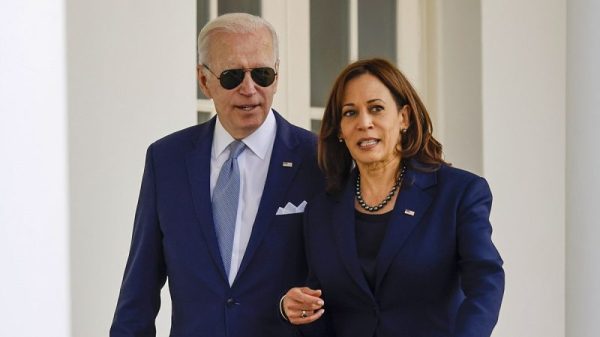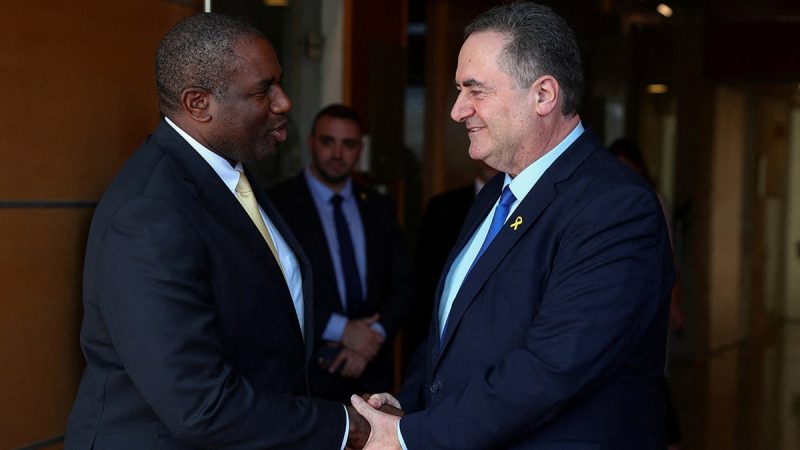Israel & British Jews Slam UK’s Hypocritical Decision to Suspend Arms Exports
The recent decision by the United Kingdom to suspend arms exports to Israel has sparked controversy and criticism from various quarters, particularly from Israeli officials and British Jews. The move, described as hypocritical by many, has raised concerns about the implications this decision could have on the longstanding relationship between the UK and Israel, as well as on the broader issue of arms exports and human rights violations.
Israeli officials have been quick to condemn the UK’s decision, arguing that it is based on flawed and one-sided assessments of the situation in the region. They point out that Israel, like any other democratic nation, has the right to defend itself against threats and attacks from hostile actors, and that arms exports play a crucial role in ensuring the security and safety of its citizens. Suspending arms exports to Israel, they argue, puts the country at a disadvantage and undermines its ability to protect itself effectively.
British Jews have also expressed their dismay over the UK’s decision, viewing it as a betrayal of the close historical and cultural ties between the Jewish community in the UK and Israel. Many British Jews see Israel as a vital homeland and a beacon of hope in a region plagued by conflict and instability. They argue that cutting off arms supplies to Israel not only harms its ability to defend itself but also sends a troubling message about the UK’s commitment to supporting its allies in challenging times.
The suspension of arms exports to Israel has broader implications for the UK’s arms trade policy and its stance on human rights issues. Critics argue that the UK’s decision to target Israel specifically while continuing arms sales to other countries with questionable human rights records smacks of inconsistency and double standards. They point out that many countries around the world, including some with far worse human rights records than Israel, continue to receive arms exports from the UK without facing similar scrutiny or consequences.
In response to the backlash, the UK government has defended its decision, stating that it is based on concerns about potential human rights violations in the conflict between Israel and Palestine. The UK has a legal obligation to ensure that its arms exports do not contribute to human rights abuses or violations of international law. By suspending arms exports to Israel, the UK aims to send a strong message about the need for accountability and respect for human rights in conflict zones.
The debate over the UK’s decision to suspend arms exports to Israel is far from over, with both sides continuing to present their arguments and perspectives on the matter. The controversy highlights the complexities and challenges of balancing national security interests, human rights considerations, and diplomatic relationships in an increasingly interconnected and volatile world. As the situation evolves, it remains to be seen how the UK, Israel, and other stakeholders will navigate this thorny issue and its broader implications for the arms trade and international relations.


































